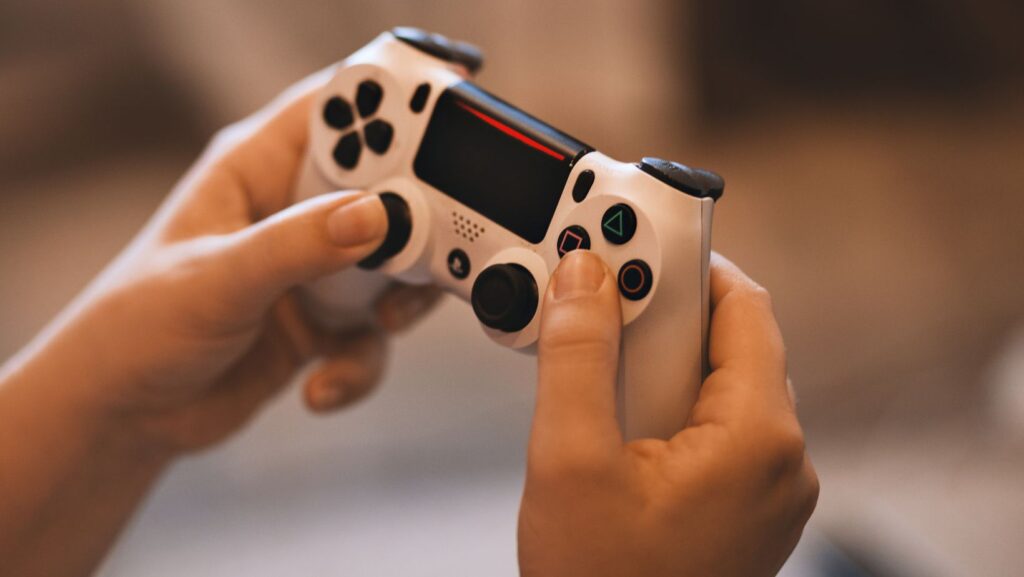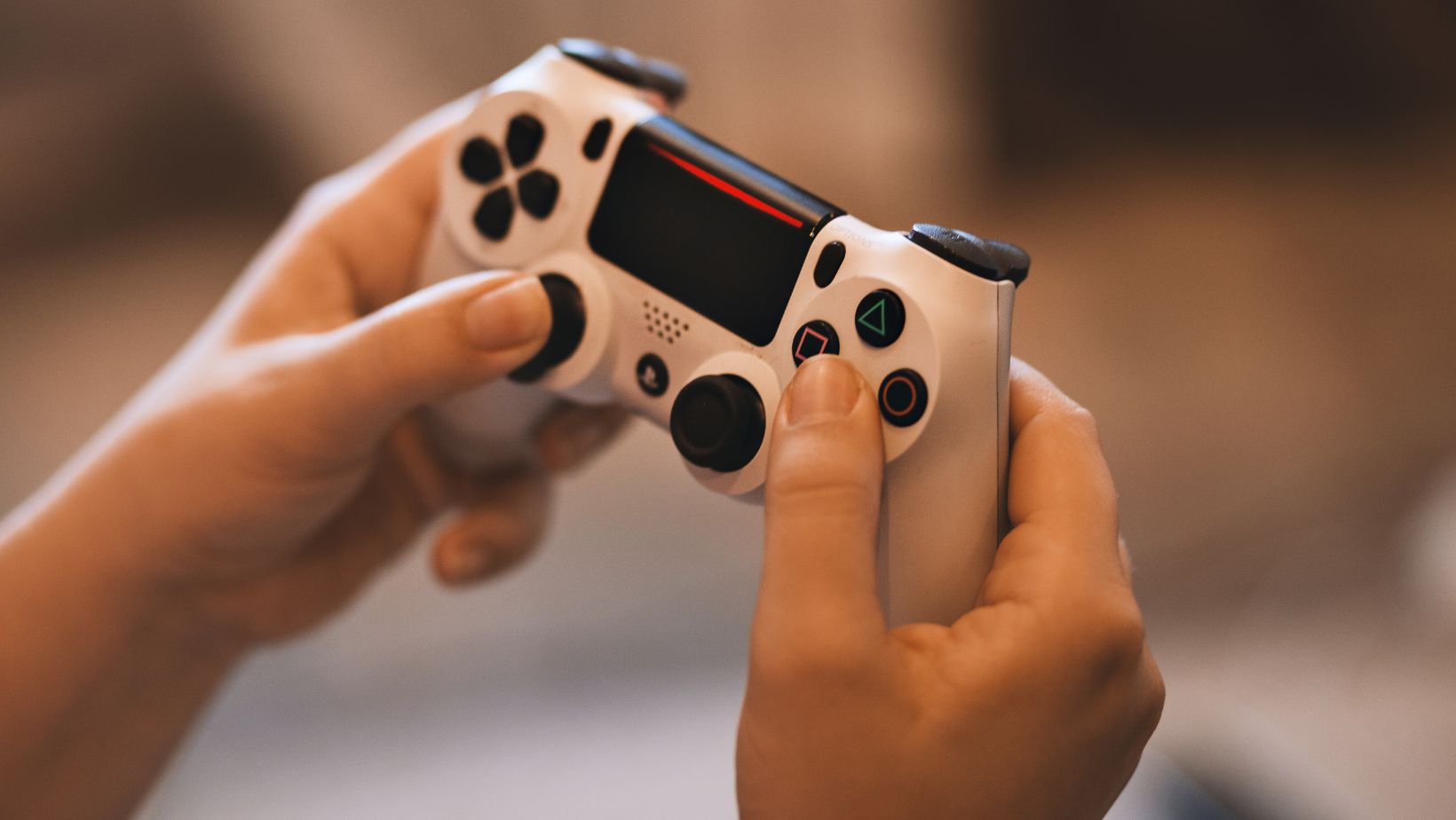Casino games now look and feel different than they did ten years ago. Players collect points, unlock achievements, and complete daily missions while betting. The online gambling market reached $118.35 billion in 2024 and is projected to grow to $191.81 billion by 2029, expanding at a 10.2% annual rate. This growth comes partly from borrowing successful mechanics from video games.
Table of Contents
ToggleAchievement Systems Replace Traditional Loyalty Programs
Casinos have moved beyond simple cashback rewards. Casumo gives players experience points for every bet they place. These points fill a progress bar that unlocks free spins, bonus money, and deposit bonuses when players reach new levels. The system works like leveling up a character in a role-playing game—except players advance by wagering money instead of defeating enemies.
CasiTabi takes this concept further by allowing players to choose avatars and kingdoms. They collect treasure bags and rubies as they move through the CasiTabi map, fighting bosses at the end of each kingdom level. PlayOJO runs a program called Kickers that offers new rewards daily, while its A-Listers Club increases the return-to-player percentage at higher membership levels. Together, these features increased user participation by 30% across casino platforms that adopted them.
How Platform Competition Shapes Modern Betting Features
Competition between gambling platforms has pushed operators to adopt features that blur the line between traditional betting and video game mechanics. Major brands like bet365, DraftKings, and FanDuel now incorporate achievement systems and daily missions alongside standard betting options. online casino games feature progression bars, collectible items, and unlockable content that players easily recognize from console gaming.
This constant race for player attention means platforms continuously add new gamified elements to stay competitive. Operators track which features keep players engaged, leading to the rapid spread of successful mechanics across the industry. When one platform introduces avatar customization or guild systems, competitors often follow within months—creating an ecosystem where video game features become standard rather than exceptional.
Skill Gaming Enters Regulated Markets
The skill gaming market was valued at $30.99 billion in 2022 and is expected to reach $85.34 billion by 2030, growing at 13.3% annually. Some projections place the 2024 value at $40.85 billion, reaching $92.03 billion by 2030. Nevada approved skill-based slot machines in 2015, followed by New Jersey in 2016. These machines allow players to influence outcomes through gameplay rather than pure chance.

Competition Interactive launched Running Rich Grand Prix in 2024 at the New York-New York Casino. Station Casinos plans to install one machine in each location. The game includes interactive bonuses featuring cars and characters. During the race bonus, players control a vehicle for one lap—their finishing position directly determines the payout, making driving skill a true factor in winnings.
Mobile Gaming Drives Design Decisions
Mobile devices generated 70% of online gambling revenue by the end of 2024. Platforms now design for smartphones first, then adapt to other devices. Over 70% of users expect to switch between phone, tablet, and computer without losing progress. A 2024 study found that slots made up 91.5% of all casino game rounds, prompting developers to add Megaways reels and skill-based bonus rounds to enhance traditional slot gameplay.
Leaderboards create competition between players who never meet in person. Achievement badges mark milestones like hitting certain win amounts or playing specific games. Tiered reward systems give better bonuses to players who bet more frequently. Industry estimates show these features increase player retention and spending by up to 15% in additional revenue. Players earn experience points, complete missions, level up profiles, and unlock achievements through regular play. Daily tasks and limited-time events keep players returning, while battle passes offer exclusive rewards for completing challenges within set timeframes.
Governments Respond to Psychological Similarities
Research from New Zealand and Australia, published in Nature Human Behaviour (2018), found loot boxes psychologically similar to gambling. A 2021 report from English researchers reached the same conclusion. Studies in the United Kingdom, Denmark, and Australia linked loot boxes to gambling problems among adolescents. These findings show that loot boxes generate compulsion, frustration, and stress in young people.
Brazil will ban loot boxes for anyone under 18 starting March 2026. President Luiz Inácio Lula da Silva signed the ECA Digital Law in September, introducing fines of up to R$50 million for companies that fail to comply. Belgium banned loot boxes in 2018 after its Gaming Commission determined they violated gambling laws, though enforcement remains inconsistent. The Netherlands supported a ban in 2022, but courts overturned attempts to penalize EA for FIFA’s card packs.
Artificial Intelligence Personalizes Each Session
Gitnux statistics show AI adoption improved operational efficiency for 65% of casino providers worldwide. AI algorithms recommend games, bonuses, missions, and avatars based on player behavior. The technology tracks player preferences and adjusts offerings accordingly.
The industry tested AI-driven live dealers in 2024. These virtual presenters run games continuously without human hosts, speak multiple languages, and personalize commentary for individual players. By 2025, operators expect AI to adapt games to each player’s preferences automatically—changing difficulty, payout rates, and bonus frequency based on individual playing patterns.
Conclusion
Video game mechanics have fundamentally changed how casinos operate. Players now expect progression systems, achievements, and personalized content when gambling online. Skill-based games give players more control over outcomes, while mobile-first design ensures access across devices. Regulators continue addressing the psychological overlap between gaming and gambling, shaping laws to protect younger audiences.
As the online gambling industry approaches $200 billion by 2029, the boundary between gaming and gambling keeps fading. Casinos that integrate personalization, skill-based design, and gamified systems are winning over the next generation of digital players—while those resisting innovation risk falling behind in an industry where entertainment and wagering are now inseparable.




